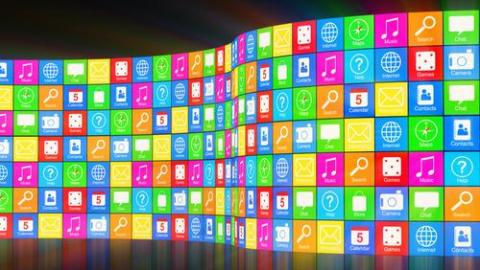The App Is Dead. Long Live the Web.

What’s the Latest Development?
When tablet computers were introduced in 2010, many publishers thought they had found a way to reel in the revenue they had lost through the Internet, which taught readers they could access information for free whenever they wanted. Publishers and content creators wishfully thought the public would buy digital replicas of print editions on their tablets and smartphones, even though such replicas had never been popular on the Internet. Many magazines, like Technology Review, were sorely disappointed when their investments in app software did not pay off, ultimately causing the projects to be abandoned.
What’s the Big Idea?
Jason Pontin, editor and chief of Technology Review, says information-based apps failed primarily because they “tried to impose something closed, old, and printlike on something open, new, and digital.” Due to the different requirements of different portable devices, many publishers created up to six unique electronic vehicles for their content, none of which were latched onto by advertisers or readers. Creating Web-optimized content using HTML5 not only satisfies readers’ desires for linked content (impossible in the ‘walled gardens’ of apps) but allows publishers to concentrate their limited budgets on creating better content, which is something people are more willing to pay for.
Photo credit: Shutterstock.com





